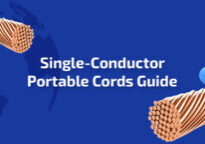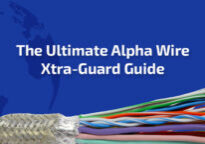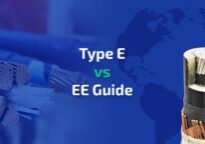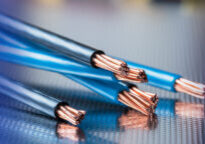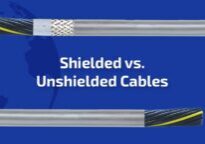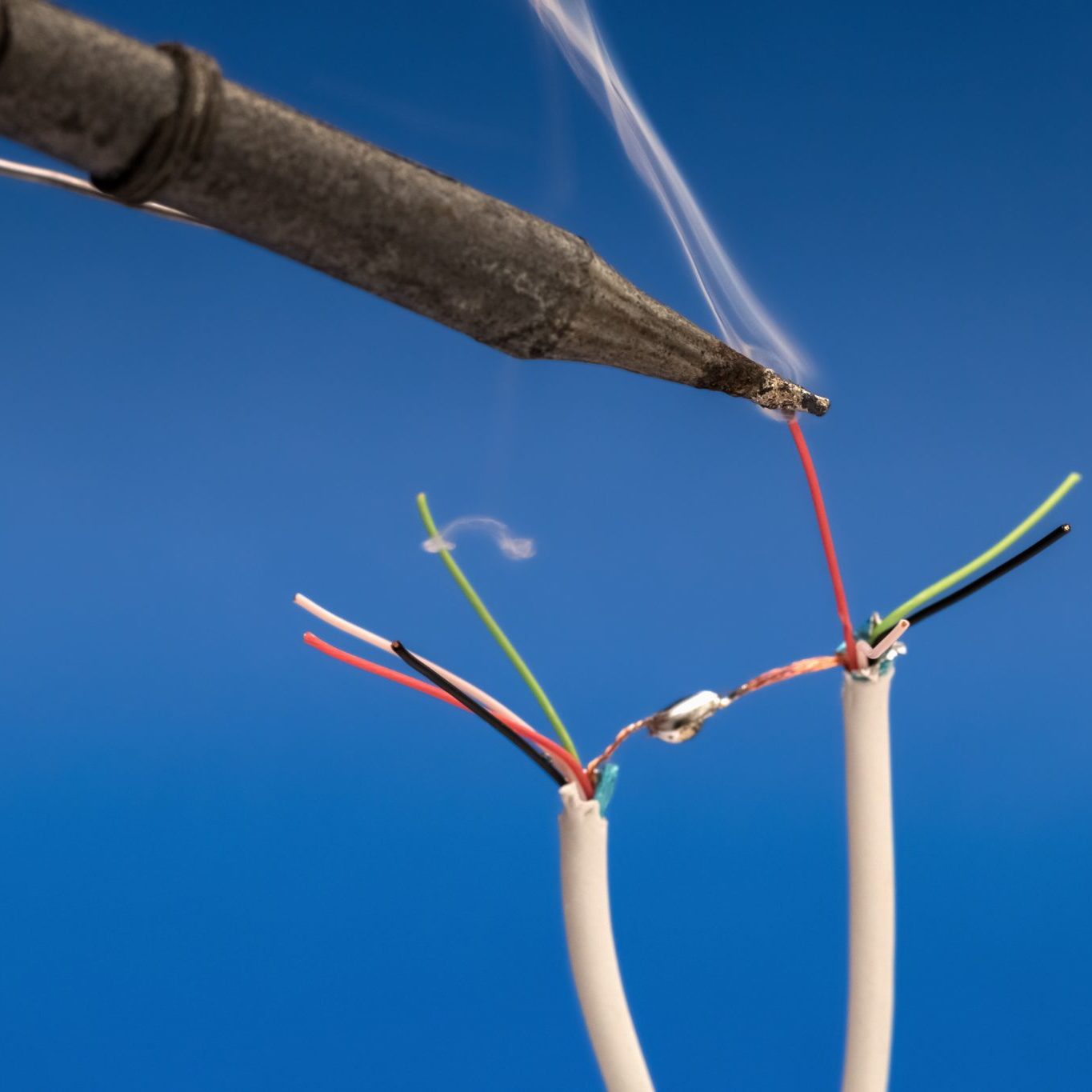
Sep 14, 2022
10 General Hook Up Wire Phrases
We mentioned earlier that there are many different names for hook-up wires, some of which mean the same things and some of which differ greatly. Here’s how some of them compare.
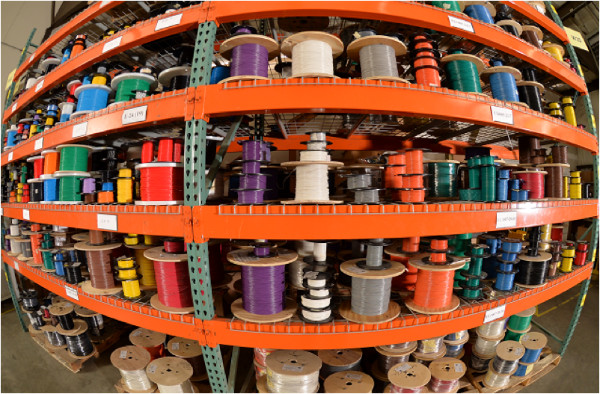
1. Hook-Up Wire
Hook-up wire is generally described as a single-conductor-wire that “hooks up” electricity. The problem with asking a supplier for hook up wire is that there are many different types of insulation that exert different voltage and temperature levels. Be sure to dig a little deeper before buying anything online.
2. Lead Wire
Lead wire is another term that means the same as hook-up wire. Small lead wires are used in wire harness assemblies, electronic devices and appliances. Again, be careful when buying lead wire online because there are insulation and protection levels that alter the price of lead wire.
3. PVC Wire
PVC wire gets more specific because PVC is a type of insulation with standard voltage and temperature levels. You can get UL1007 300-volt wire or UL1015 600-volt wire, but you can’t vary the temperature or protection level of PVC wire.
4. PTFE Wire
PTFE wire and high-temperature wire are both terms that require a temperature level higher than PVC insulation. PTFE withstands temperatures up to 200°C instead of 105°C. PTFE hook-up wire can accommodate 600 or 1,000 volts.
5. Automotive Wire
GXL, TXL, SXL and SGX are all types of automotive wire which have a little more protection than PVC wire. They are used in automotive assemblies that require slightly higher heat protection up to 150°C. When you state that you need automotive wire, there will be a few more questions to answer before we can match you with the exact lead wire you need.
6. Electronic Wire
Electronic wire is another phrase used in place of PVC and PTFE wire. Electronic wire is used in electronic equipment and appliances that remain indoors. You’ll need to determine specific temperature, voltage and flexibility needs to ensure an accurate installation.
7. Electrical Wire
Electrical wire refers to wires that come out of your electrical box. They travel throughout a home to light switches, outlets and appliances. They’re designed to be stiff instead of flexible, because once they’re installed, they remain in the same spot for life. They are typically much bigger in size than PVC and PTFE wire and rely more on the amount of copper than the insulation.
8. Building Wire
Building wire is another term very similar to electrical wire that contractors and electricians like to use. They need building wire for the electrical installation of THHN and NM-B cable. Homes and buildings have very similar electrical wiring that travels from the electrical box throughout the walls to anything that needs power.
9. Mil-Spec Wire
Many government agencies and contractors require hook-up wire to be Mil-Spec approved. Mil-Spec is short for Military Specification, which is basically a military part number. Some of the wires mentioned above also have Mil-Spec numbers or a UL number that shows it has been approved by a third party. These standards help to ensure that manufacturers are actually meeting the selling points they advertise, such as reaching specific voltage requirements and temperature ratings. It also helps buyers know that the wire they’re buying has been approved for use in specific applications.
10. Dog Fence Wire
People often go online to find cheaper dog fence wire to lower the cost of an all-in-one kit. Dog fence wire uses polypropelene insulation, which can be buried directly in the ground without affecting the life of the insulation. Many people will try to use THHN electrical wire in its place because it’s cheaper, but that’s because THHN is not approved for direct burial. Dog fence wire, on the other hand, is approved and lasts much longer.
Working With WesBell for Hook-Up Wire
WesBell sells all types of hook-up wire and if you can’t find what you’re looking for online or need help picking the right one, please call and speak to one of our sales representatives. Not only will they help you price out the best wire, but they’ll also help you find the cheapest wire or cable for your application. Our sales team can utilize their knowledge and expertise to find exactly what you need without trying to oversell you.
When buying hook-up wire, we make it easy to buy small amounts of wire and cable because we understand the need to avoid waste. Most of our electrical wire can be purchased by the foot, and we also sell small 100-foot spools of our hook up wire. In addition, we can cut and strip your hook-up wire to make the installation process quicker and easier once it gets to you.
Click on the links above to view our different types of hook-up wire, or reach out to us today if you have any questions on the products or selecting the right kind of wire.

